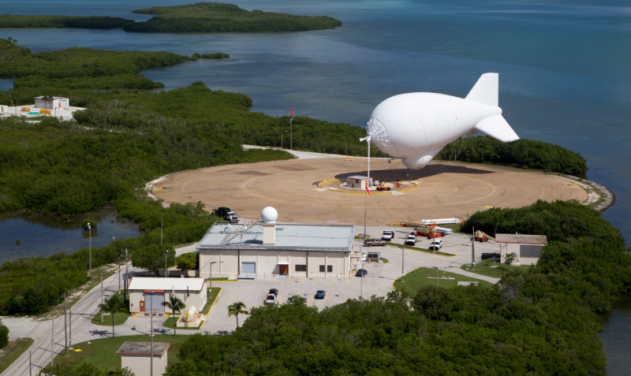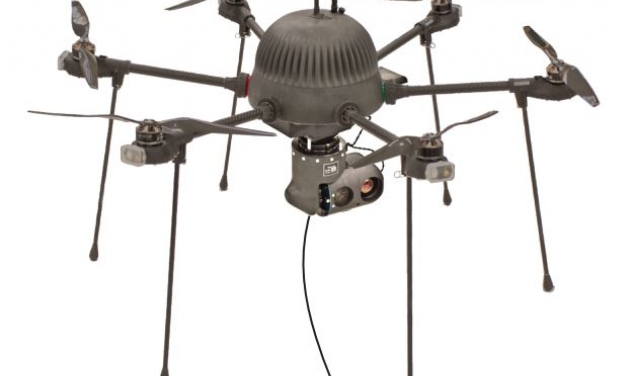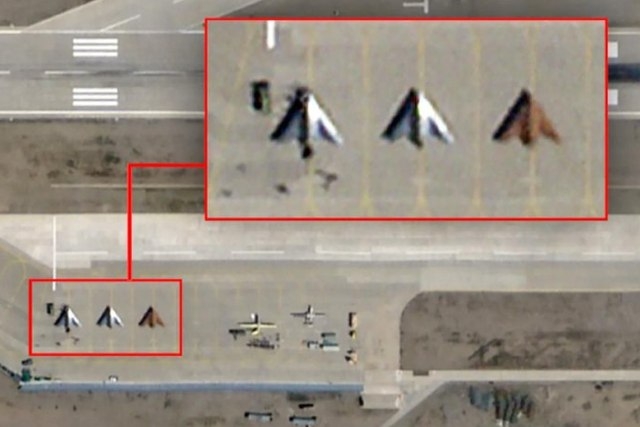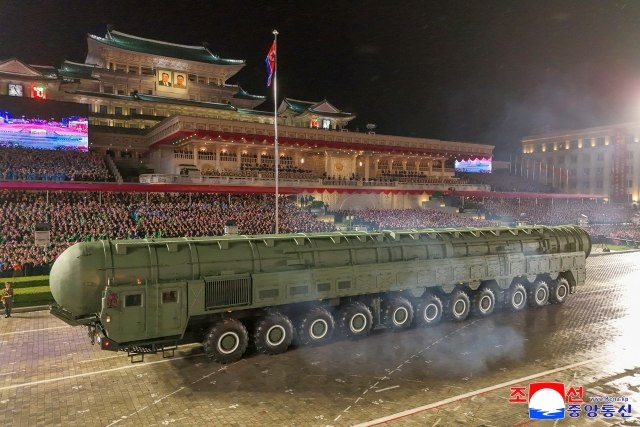Phoenix Nuclear Labs Wins US Army Contract To Detect Defective Munitions
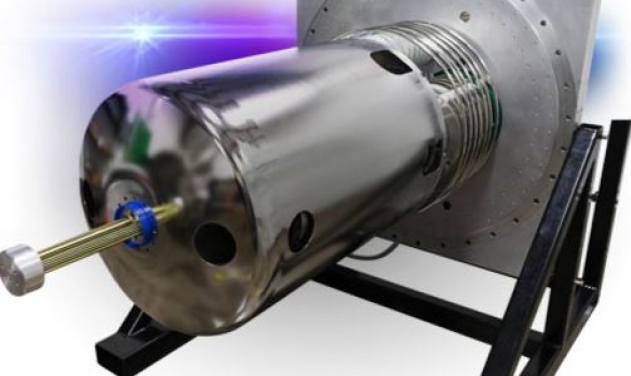
Phoenix Nuclear Labs (PNL) has been awarded multiple contracts by the U.S. Army totaling $3.6 million to detect defective munitions.
Under these contracts, PNL will build an advanced neutron radiography system to detect defective munitions and demonstrate the ability to use their neutron generators to detect and identify concealed explosive threats, the company said in a statement Tuesday.
The company will deliver an upgraded, pilot production neutron radiography system that will be the first such system to be installed in a munitions production facility. The new system is expected to produce 10 times higher neutron yield, enabling faster performance and higher resolution.
It will be capable of producing digital images that will improve the system’s ability to analyze and store data. In parallel, the Neutron-Emitting Mobile Explosives Sensing and Identification System (NEMESIS) will utilize PNL’s commercial neutron generator technology to demonstrate active neutron interrogation for explosive threat detection.
Neutron radiography is a non-destructive inspection technique similar to X-rays. However, neutrons, unlike X-rays, are able to deeply penetrate high-density materials such as shell casings and other metallic objects and visualize lower-density materials such as carbon or hydrogen.
The Army has been seeking neutron radiography capabilities for decades, but until now only nuclear reactors could produce enough neutrons to take images in practical time periods. PNL’s technical innovations have led to a 100-fold increases in neutron yield compared to existing off-the-shelf technologies without the safety risks associated with nuclear reactors.
The PNL neutron radiography platform is the first system capable of bringing neutron radiography out of an R&D environment and into a production setting, similar to industrial X-ray systems. This technology has the potential to greatly improve the safety and effectiveness of defense and aerospace components such as munitions, aircraft components, and composite materials.
